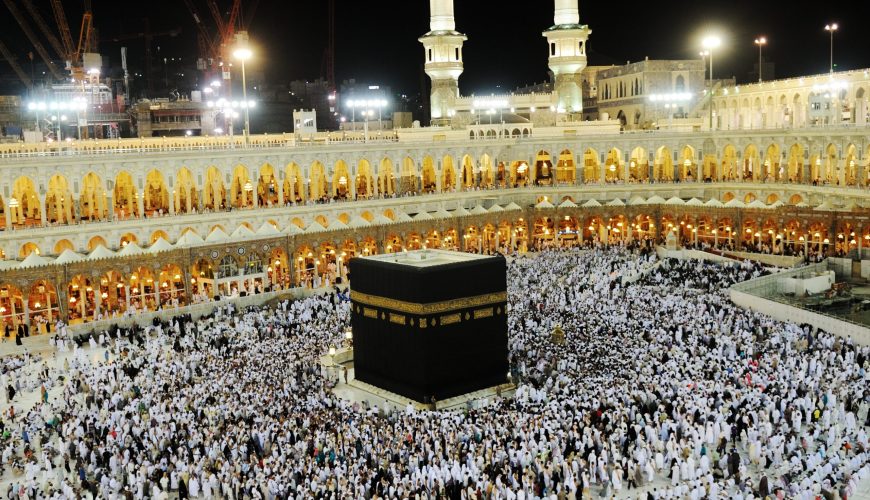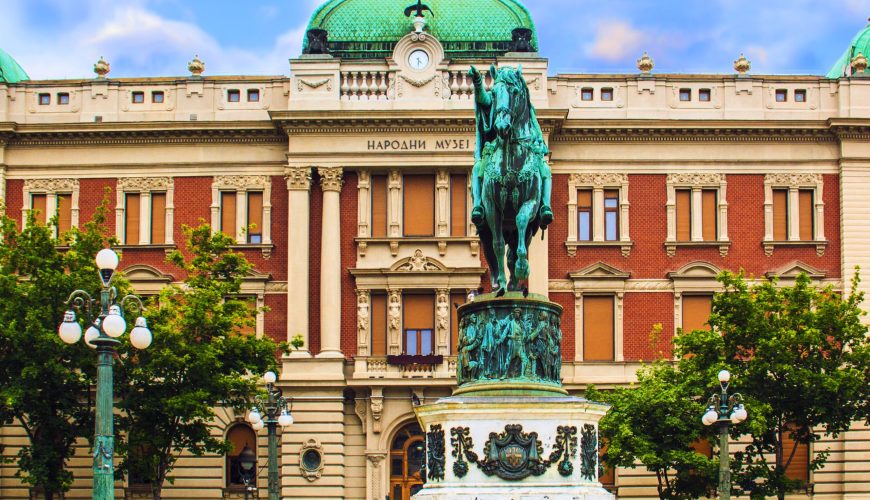- Home
- Global Visa
- Destinations
- Travel Styles
CULTURAL
CRUISE
FESTIVAL
INDEPENDENT
SPECIAL INTEREST
- Staycations
- Deals
- Login
- Sign Up
Saudi Arabia has announced a major change in the tourist visa applications with regard to the residents of GCC countries. Under the new amendment, GCC residents and even their first-degree relatives can apply for a tourist visa for the kingdom, regardless of their occupation.
Previously, the kingdom only issued e-visas to GCC residents whose occupations were on the approved list.
Under the new rules, GCC residents can enter the kingdom with an electronic tourist visa obtained by registering through the “Visit Saudi” platform, as long as their residence permit is valid for at least three months and their passports have at least six months remaining.
This also applies to first-degree relatives traveling with the resident and domestic helpers arriving with their sponsor.
The decision to allow those who wish to enter the kingdom, without limiting this to specific occupations, is part of an effort by the Saudi Ministry of Tourism to offer all residents of the GCC opportunity to visit various tourist attractions in the kingdom as well as participate in entertainments. event, and learn about its legacy. “Applying for a Saudi Arabia visa is now easier, more convenient and more direct for residents of GCC countries, regardless of occupation,” Tourism Minister Ahmed Al Khateeb tweeted shortly after the ministry’s announcement.
The ministry said the important amendments include expanding eligibility categories and providing more options for those looking to visit Saudi Arabia for tourism. Tourists can also perform Umrah except Hajj season.
This is the latest in a series of announcements in the Saudi tourism ecosystem aimed at attracting tourists in the region and providing more activities for visitors from the GCC countries.
In January, the kingdom introduced a new free transit visa that allows passengers to stopover in the country for up to four days.
Last year, the Saudi Arabia Tourism Authority launched the Nusuk platform in partnership with the Pilgrim Experience Program.
The kingdom’s first officially integrated digital platform, Nusuk, provides all pilgrims and visitors with an easy-to-use planning portal for their journey to Mecca and Medina, and more than that.
Considering the EU’s visa policy requirements and measures to control illegal migrants, Central European country Serbia has ended its tourist visa exemptions for Indian nationals. In this regard, the Embassy of India in Belgrade, Serbia has also issued a travel advisory, announcing that all Indian tourists visiting Serbia from January 1, 2023 will need a visa to enter the country. The Government of Serbia has now withdrawn its existing visa-free entry to Serbia for all Indian passport holders. Previously, Indian tourists with ordinary passports and other travel documents did not need a visa to enter Serbia for up to 30 days, within a year.
In light of the latest developments, the Embassy of India has advised Indian nationals planning to visit Serbia on or after 1 January 2023 to apply for a visa at the Serbian Embassy in New Delhi or the country where they have residency.
The Embassy also mentions that Indians holding a valid Schengen, UK or US visa will still be eligible for visa-free entry to Serbia for up to 90 days.
Also note that Serbia has also ended its visa-free regime with Guinea-Bissau, Tunisia and Burundi as of November 20.
The COVID-19 pandemic has changed the world in many ways, and the travel and holiday industry has not been immune. With lockdowns and restrictions in place, the global travel industry has taken a huge hit over the past year. However, as vaccination efforts ramp up and the situation improves, people are starting to feel more confident about traveling again. This has resulted in a significant increase in demand for post-corona holidays.
One of the most notable changes in post-corona travel is the increase in demand for domestic travel. With international travel still restricted in many countries, people are turning to exploring their own backyard. This has been a huge boost for local economies, as people are discovering the beauty and attractions of their own country that they may have overlooked before. Domestic travel also provides a sense of security, as travelers know what to expect and are less likely to be impacted by sudden changes in travel restrictions.
Another trend in post-corona travel is a focus on health and safety. Travelers are becoming increasingly concerned about the risk of exposure to COVID-19, and are looking for destinations and accommodations that prioritize health and safety. Hotels and resorts are responding by implementing new protocols, such as enhanced cleaning procedures, contactless check-ins, and social distancing measures. Travelers are also seeking out destinations with low infection rates, and are more likely to choose outdoor activities and experiences that minimize close contact with others.
The rise of the “work from anywhere” trend has also impacted post-corona travel. With many people now able to work remotely, they are taking advantage of the flexibility to travel and work at the same time. This has led to an increase in demand for destinations with good internet connectivity and a relaxed atmosphere, such as beach resorts and scenic mountain towns.
Post-corona holidays also seem to be more focused on wellness and mental health. After a year of stress and uncertainty, people are looking for ways to relax and recharge, and are seeking out destinations that offer opportunities for mindfulness and self-care. This has resulted in an increase in demand for yoga retreats, spa vacations, and nature-based experiences.
Finally, post-corona travel is characterized by a desire for authentic, immersive experiences. People are looking for opportunities to connect with local cultures and traditions, and to have unique, memorable experiences that they can look back on for years to come. This has led to a rise in popularity of cultural and adventure tourism, as well as eco-friendly and sustainable travel options.
In conclusion, post-corona travel is showing a number of new trends and patterns, as people seek to make up for lost time and to experience new and meaningful adventures. With the global travel industry starting to recover, this is an exciting time for travelers and for destinations around the world, and we can look forward to a new era of exploration and discovery in the post-corona world.

Saudi Arabia has announced a major change in the tourist visa applications with regard to the residents of GCC countries. Under the new amendment, GCC residents and even their first-degree relatives can apply for a tourist visa for the kingdom, regardless of their occupation. Previously, the kingdom only issued e-visas to GCC residents whose occupations […]

Considering the EU’s visa policy requirements and measures to control illegal migrants, Central European country Serbia has ended its tourist visa exemptions for Indian nationals. In this regard, the Embassy of India in Belgrade, Serbia has also issued a travel advisory, announcing that all Indian tourists visiting Serbia from January 1, 2023 will need a […]

The COVID-19 pandemic has changed the world in many ways, and the travel and holiday industry has not been immune. With lockdowns and restrictions in place, the global travel industry has taken a huge hit over the past year. However, as vaccination efforts ramp up and the situation improves, people are starting to feel more […]